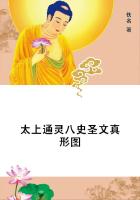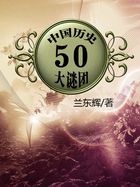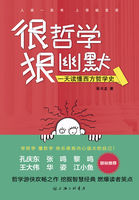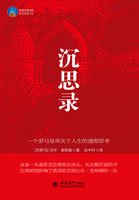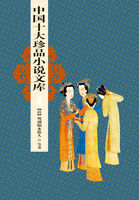These variations affect very differently the labourer and his employer. The employer is interested in keeping down the priceof labour; but while that price remains the same, while at a given expense he gets a given amount of work done, hissituation 'remains unaltered. If a farmer can get a field trenched for 12 l. it is indifferent to him whether he pays the wholeof that sum to three capital workmen, or to four ordinary ones. The three would receive higher wages than the four, but asthey would do proportionably more work, their labour would come just as cheap. If the three could be hired at al. l0 s. a-piece, while the four required 3 l. a-piece, though the wages of the three would be higher, the price of the work done bythem would be lower.
It is true that the causes which raise the amount of the labourer's wages often raise the rate of the capitalist's profits. It; byincreased industry, one man performs the work of two, both the amount of wages and the rate of profits will generally beraised. But the rate of profit will be raised, not by the rise of wages, but in consequence of the additional supply of labourhaving diminished its price, or having diminished the period for which it had previously been necessary to advance that. price.
The labourer, on the other hand, is principally interested in the amount of wages. The amount of his wages being given, itis. certainly his interest that the price of his labour should be high, for on that depends the degree of exertion imposed onhim. But if the amount of his wages be low, he must be comparatively poor, if that amount be high, he must becomparatively rich, whatever be his remuneration for each specific act of exertion. In the one case he .will have leisure andwant, -- in the other, toil and abundance. I am far from thinking that the evils of severe and incessant labour, or the benefitsof a certain degree of leisure, ought to be left out in any estimate of happiness. But it is not with happiness, but withwealth, that I am concerned as a political economist; and I am not only justified in omitting, but, perhaps, am bound toomit, all considerations which have no influence on wealth. In fact, however, wealth and happiness are very seldomopposed. Nature, when she imposed on man the necessity of labour, tempered his repugnance to it by makinglong-continued inactivity painful, and by strongly associating with exertion the idea of its reward. The poor andhalf-employed Irish labourer, or the still poorer and,less industrious savage, is as inferior in happiness as tie is in income tothe hard-worked English artisan. The Englishman's industry may sometimes be excessive, his desire to better his conditionmay sometimes drive him on toils productive of disease ill recompensed by the increase of his wages, but that such is notgenerally the case may be proved by comparing the present duration of life in England with its former duration, or with itsduration in other countries. It is generally admitted, that during the last fifty years, a marked increase has taken place in theindustry of our manufacturing population, and that they are now the hardest working labourers in the world. But during thewhole of that period the average duration of their lives has been constantly increasing, and appears still to increase: andnotwithstanding the apparent unhealthiness of many of their occupations, notwithstanding the atmosphere of smoke andsteam in which they labour for seventy-two hours a week, they enjoy longer life than the lightly-toiled inhabitants of themost favoured soils and climates. The average mortality among savage nations is the greatest that is known. In thecontinent of Europe it is about one in thirty-four. In England, about a century ago, when more than half of our populationwas agricultural, it was supposed to be one in thirty; fifty years ago it was calculated at one in forty; thirty years ago at onein forty-seven; twenty years ago at one in fifty-two. Now, when two-thirds of our labourers are manufacturers, and morethan one-third dwell in cities, it is estimated at one in fifty-eight.




